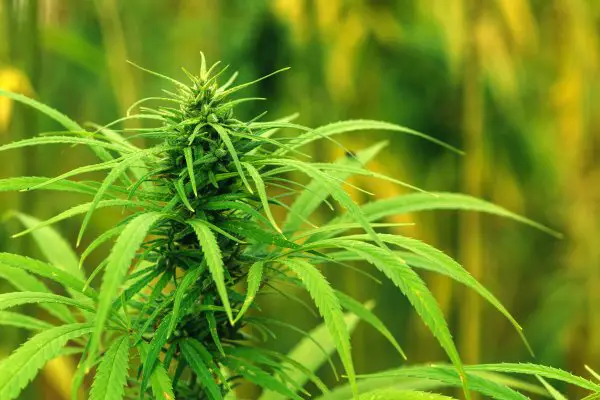Hemp Is Federally Legal In The United States. Now What?

By Mandy Froelich / Truth Theory
December 20, 2018, was a historic day for United States citizens. With the stroke of his pen, President Donald Trump signed the 2018 Farm Bill into law. Now, it is legal to grow hemp, the non-psychoactive cousin of the marijuana plant, nationwide.
Trump made no mention of hemp when he signed the bill. He simply stated that it was his “great honor to sign the 2018 Farm Bill, a very special and important piece of legislation.” He added: “It opens new markets for agriculture all over the world.”
The Farm Bill is a set of agricultural policies that are voted on about every five years. The week prior to President Trump’s decision, Congress approved the bill. The hemp provisions were spurred by Senate Majority Leader Mitch McConnell.
Westword reports, the hemp provisions seek to “catapult the plant’s farming opportunities from state pilot programs to a nationwide scale by removing hemp from the Controlled Substances Act and treating like an agricultural product.”
Over 5000 people have downloaded our free ebook “Growth Hacking Tips And Rituals For Optimal Living” CLICK HERE to get your free copy now
Now that industrial hemp is decriminalized, it will be regulated by the United States Department of Agriculture (USDA). Regulations are expected to be harsher than those for growing soy, cotton, or other traditional crops. Reportedly, states that have already legalized hemp research and pilot programs, such as Colorado, will be allowed to continue operating under their own rules until the USDA finalizes its own regulations for the plant. The wait is expected to be one year or so.
There are many reasons hemp needs to be legal worldwide. For starters, the plant is non-psychoactive, therefore poses no threat to mental or physical well-being. Secondly, hemp can be used for a wide variety of purposes, including but not limited to industrial, food, clothing, and medicinal. Read more here.
Now that hemp is legal in the US, domestic brands will now be able to order hemp from other states without fear of federal reprisal. Until recently, many companies have imported hemp-based products from Europe, Japan, and Canada.
Colorado, especially, is expected to reap large benefit from the new legislation.
“What we’re seeing now is former natural food and organic entrepreneurs and executives turn their attention to hemp and CBD products, and turning them into recognizable foods,” said Patrick Rea, founder of cannabis business incubator CanopyBoulder, based in Colorado. “The supply chain is developing as such that it’s now possible to get high-quality CBD isolate and add that to food. So CBD is becoming just another functional ingredient.”
“There’s good opportunity for natural organic food people, but also for those in cannabis,” he says. “Folks for the cannabis industry understand consumer tastes around cannabis products, they understand cannabinoid science better, and they may have better supply and relationships.”
What are your thoughts? Please comment below and share this news!
IMAGE CREDIT: Igor Stevanovic

Leave Comment: